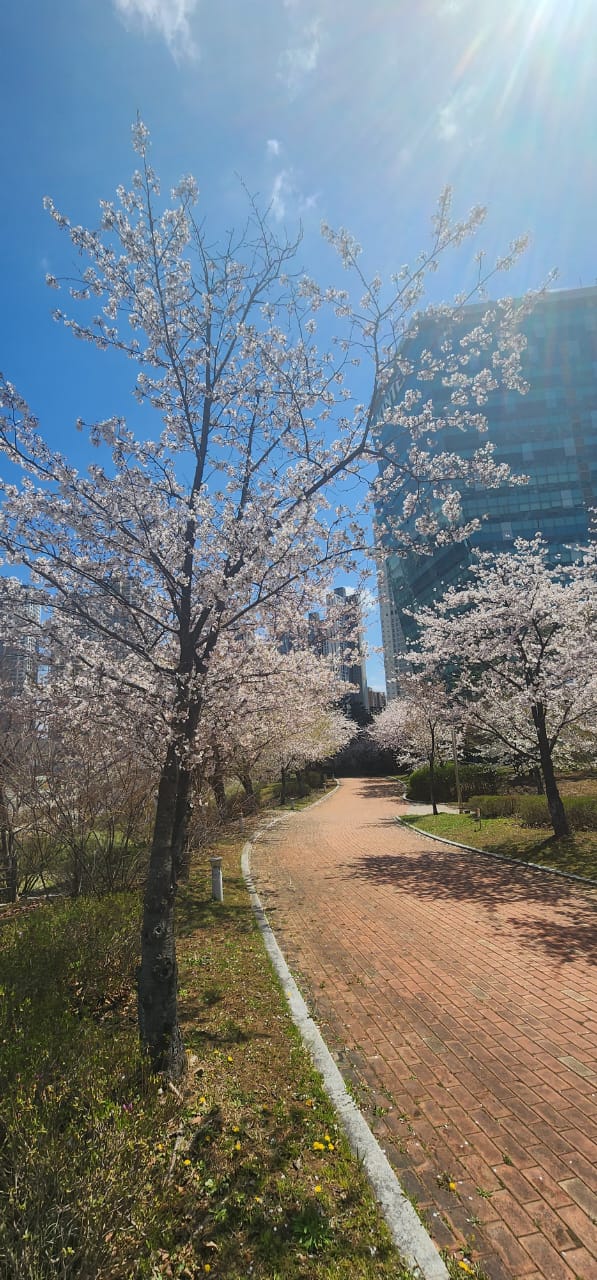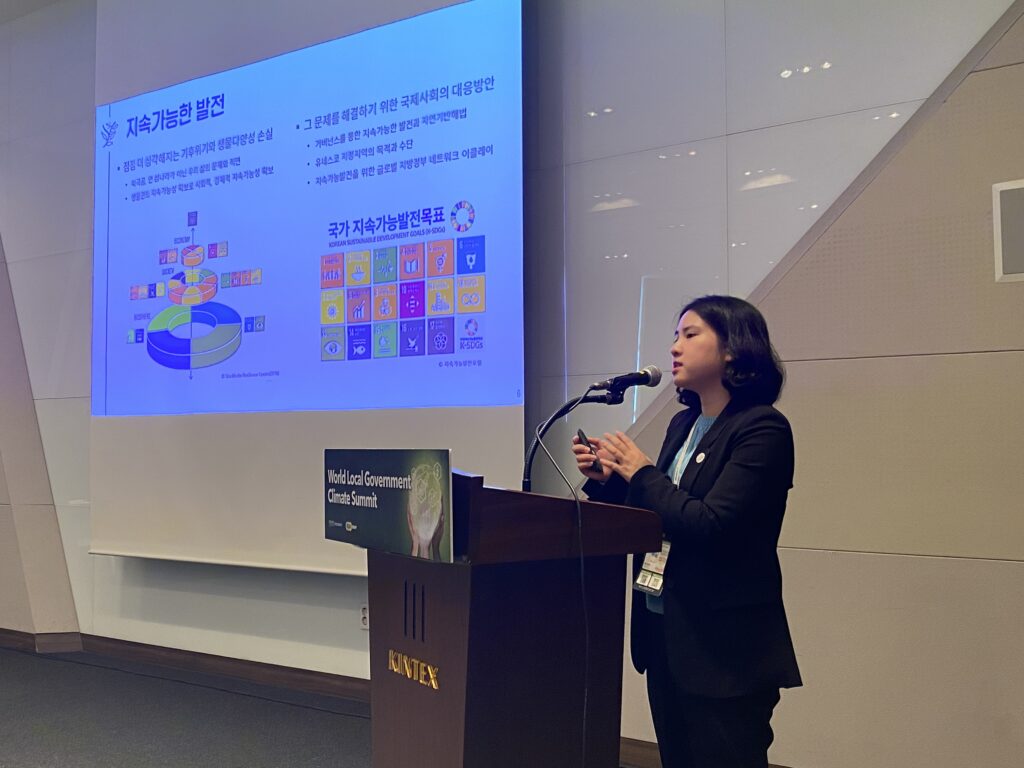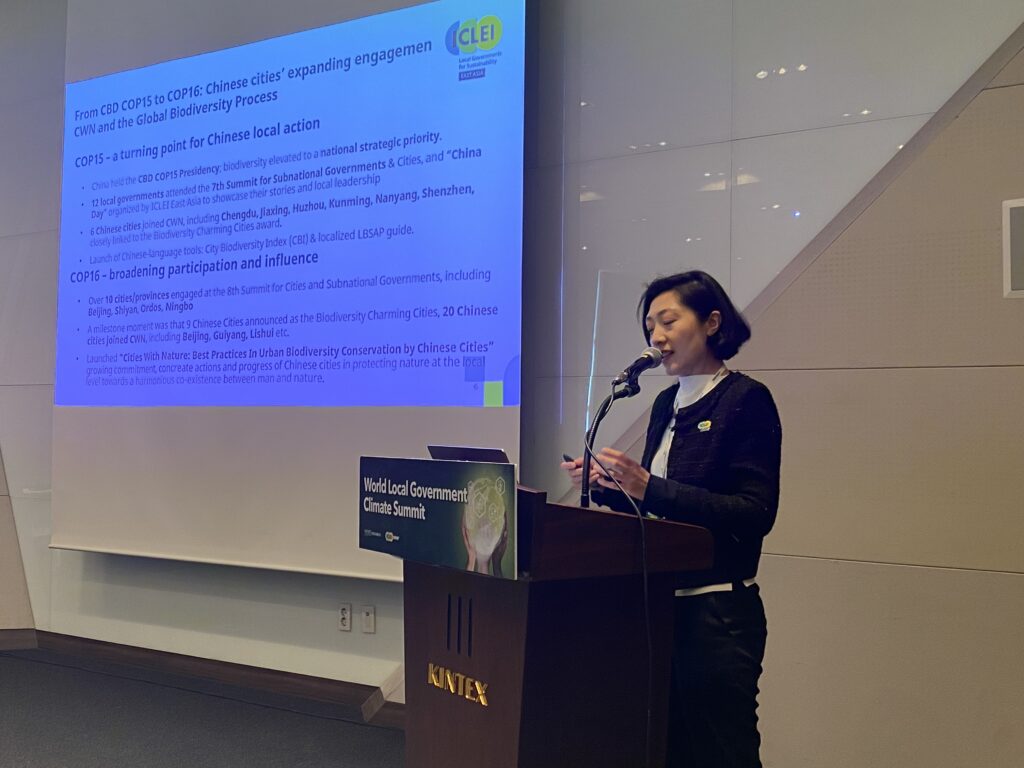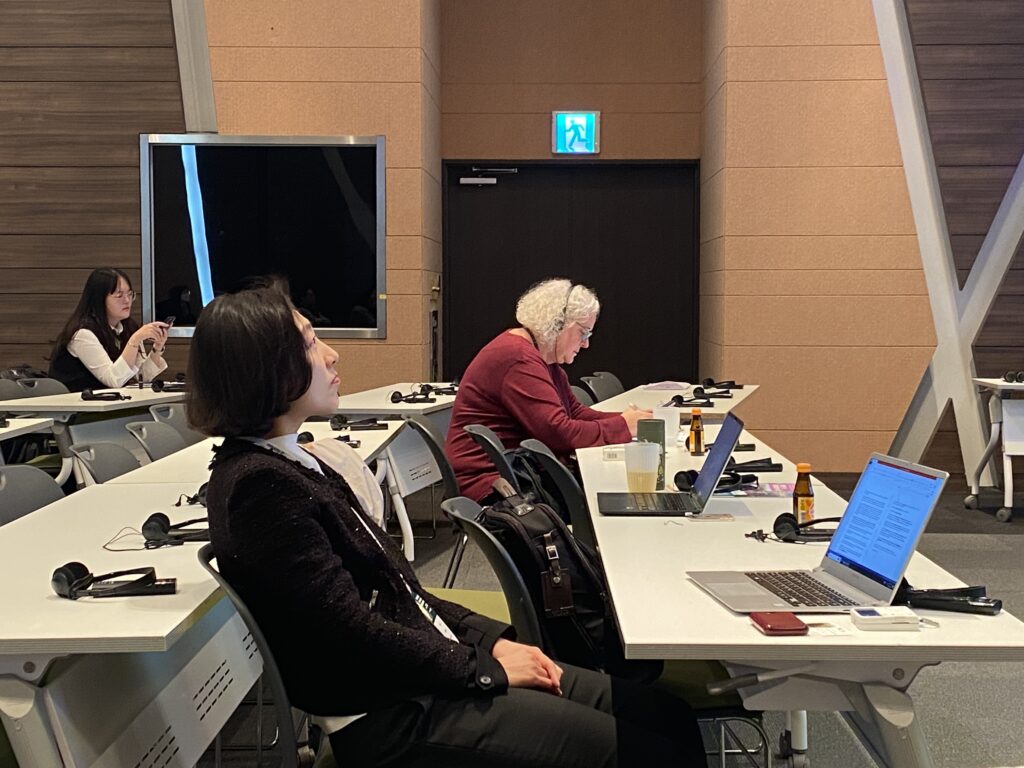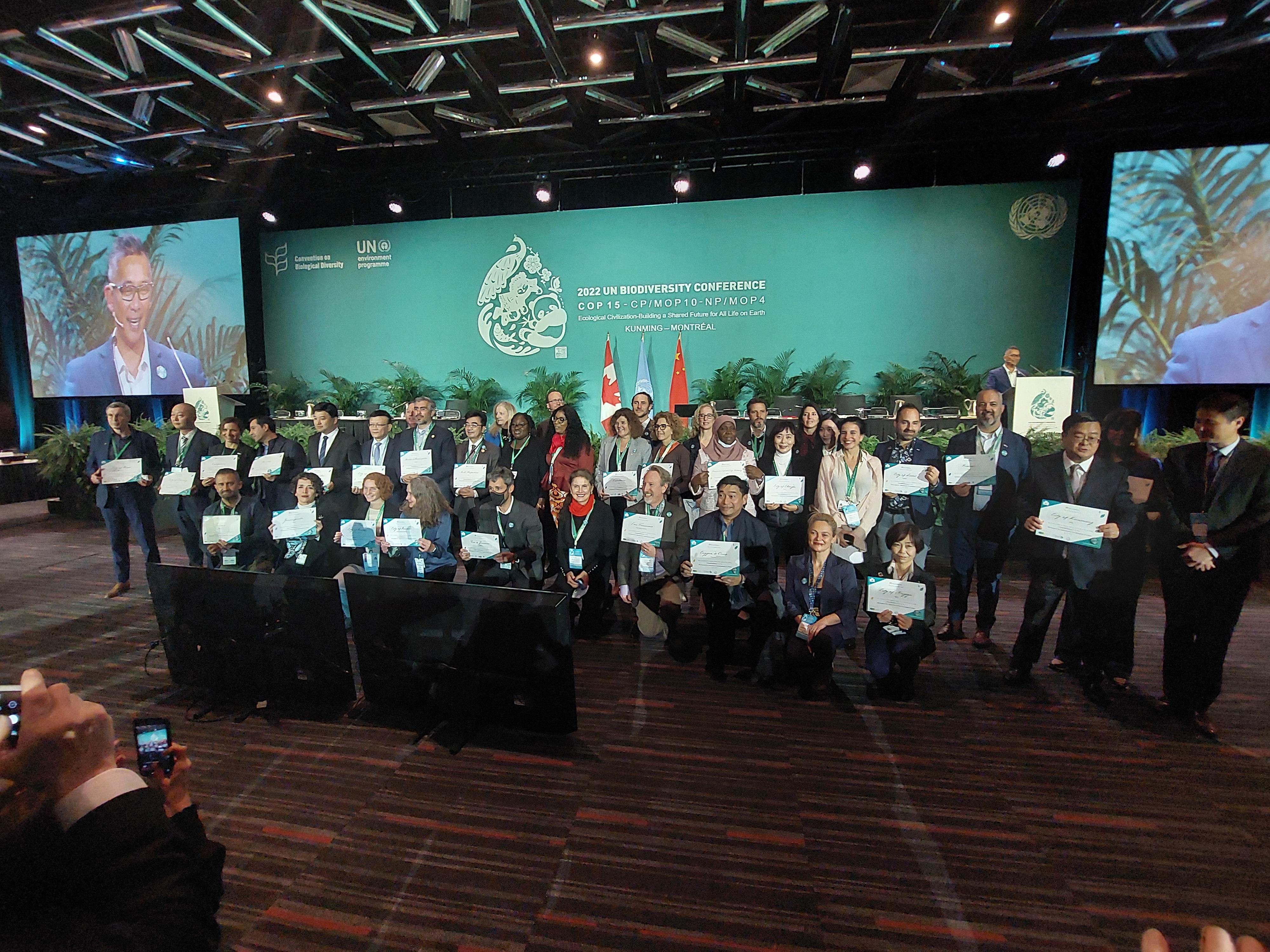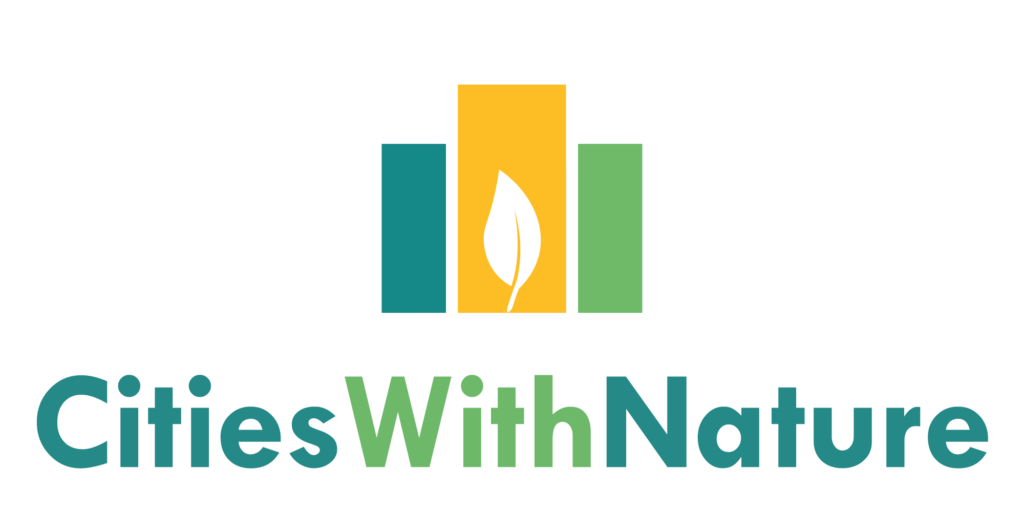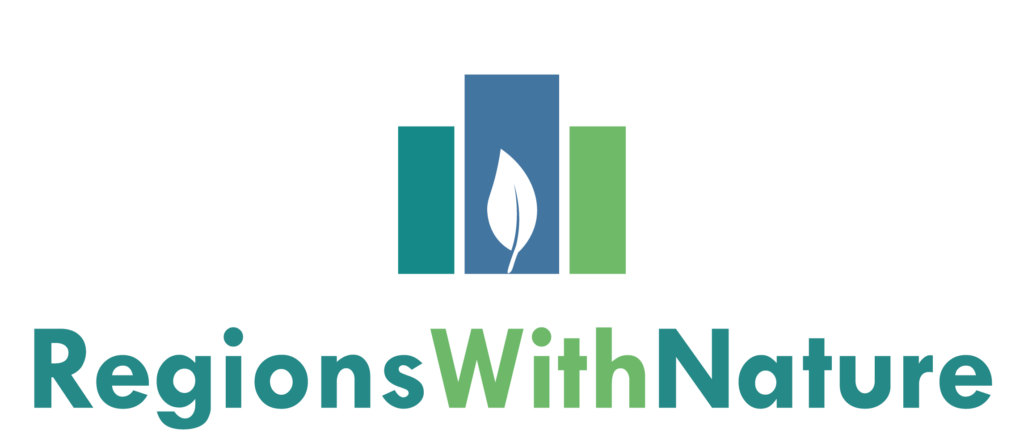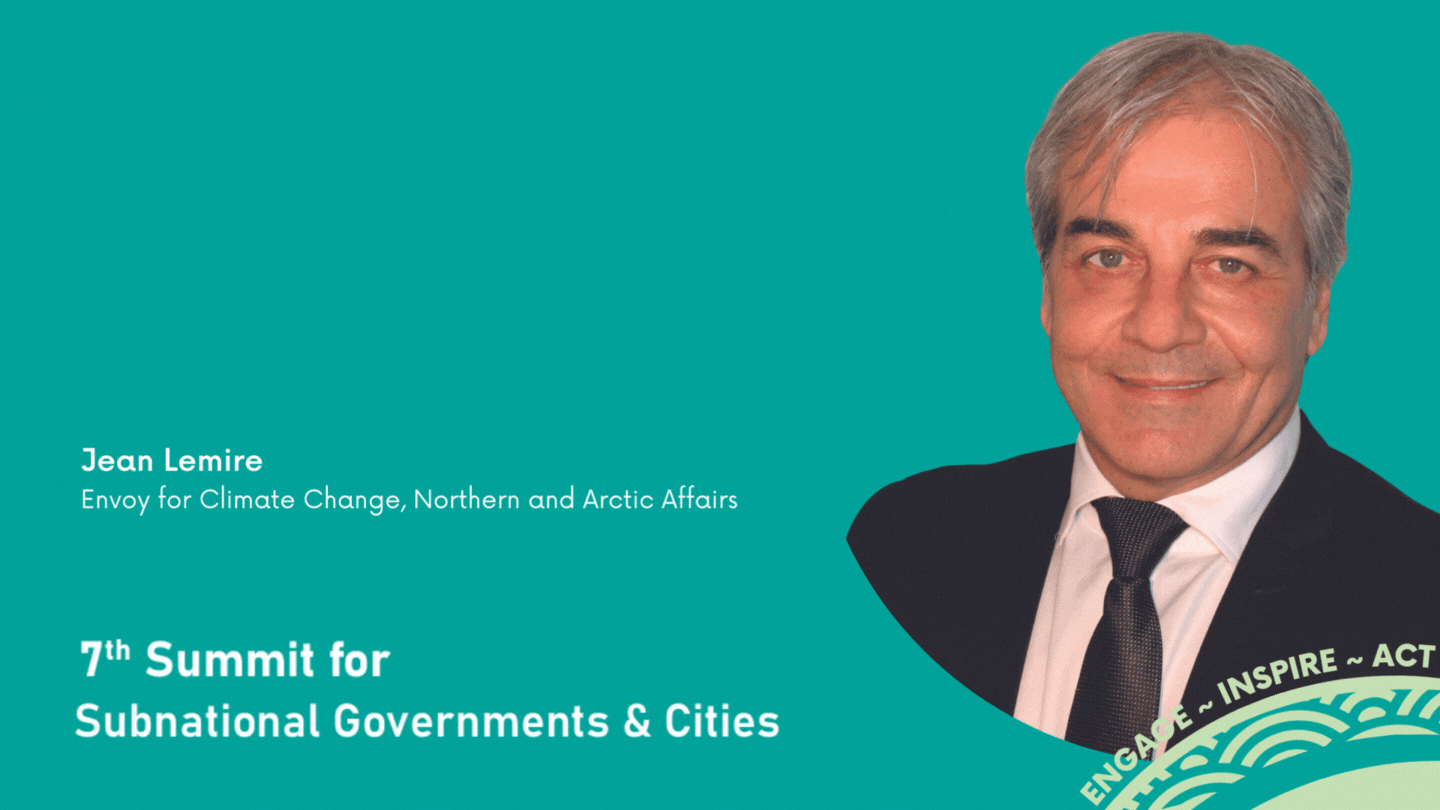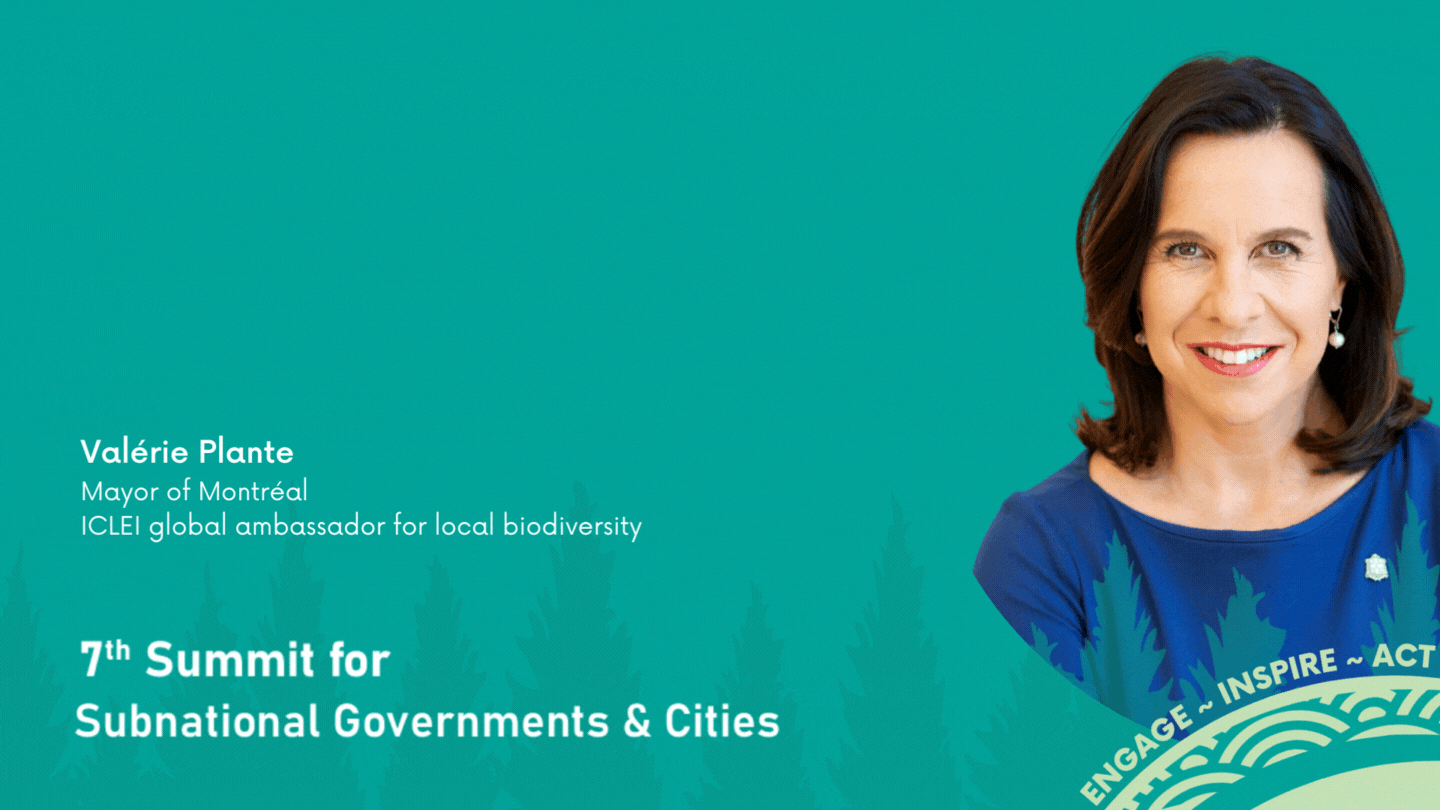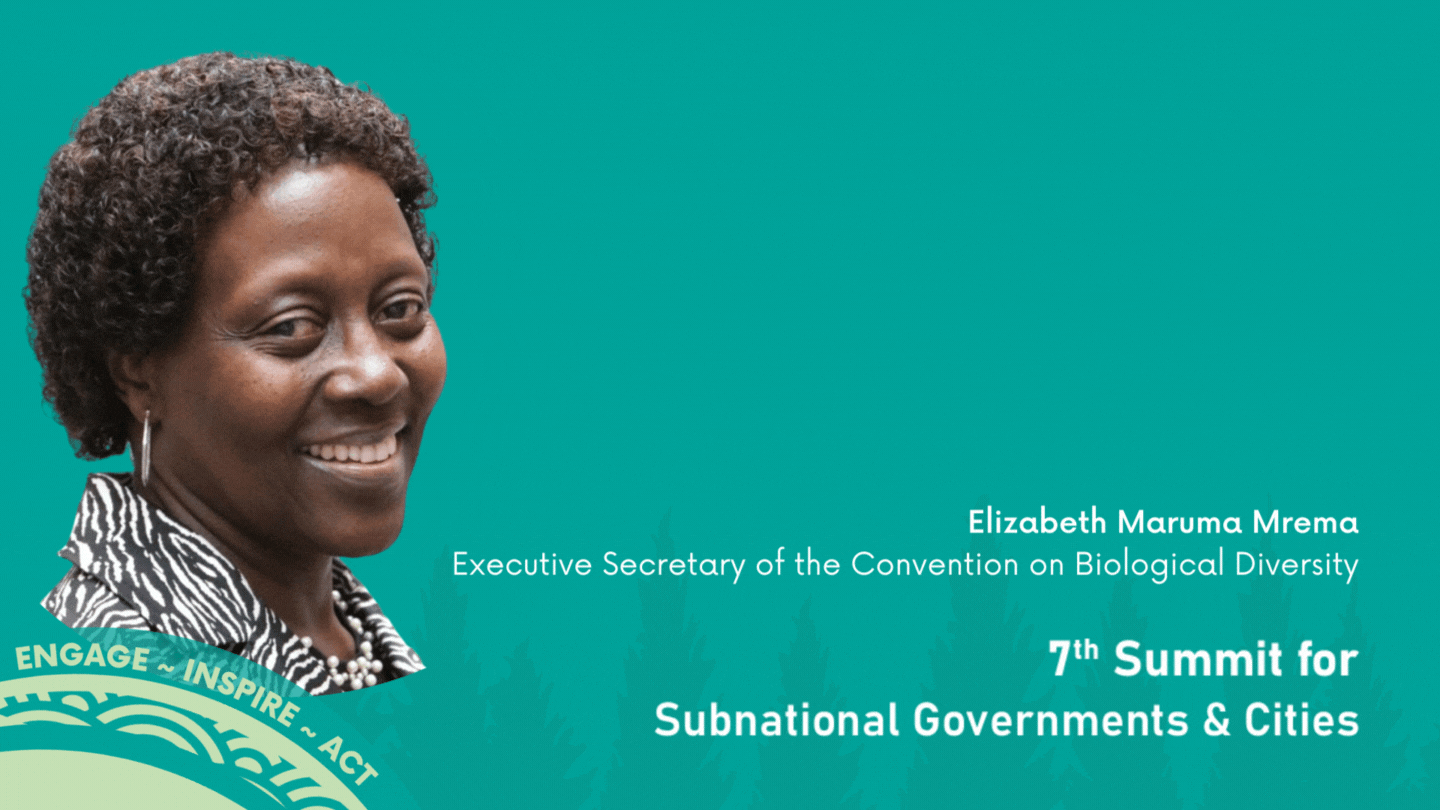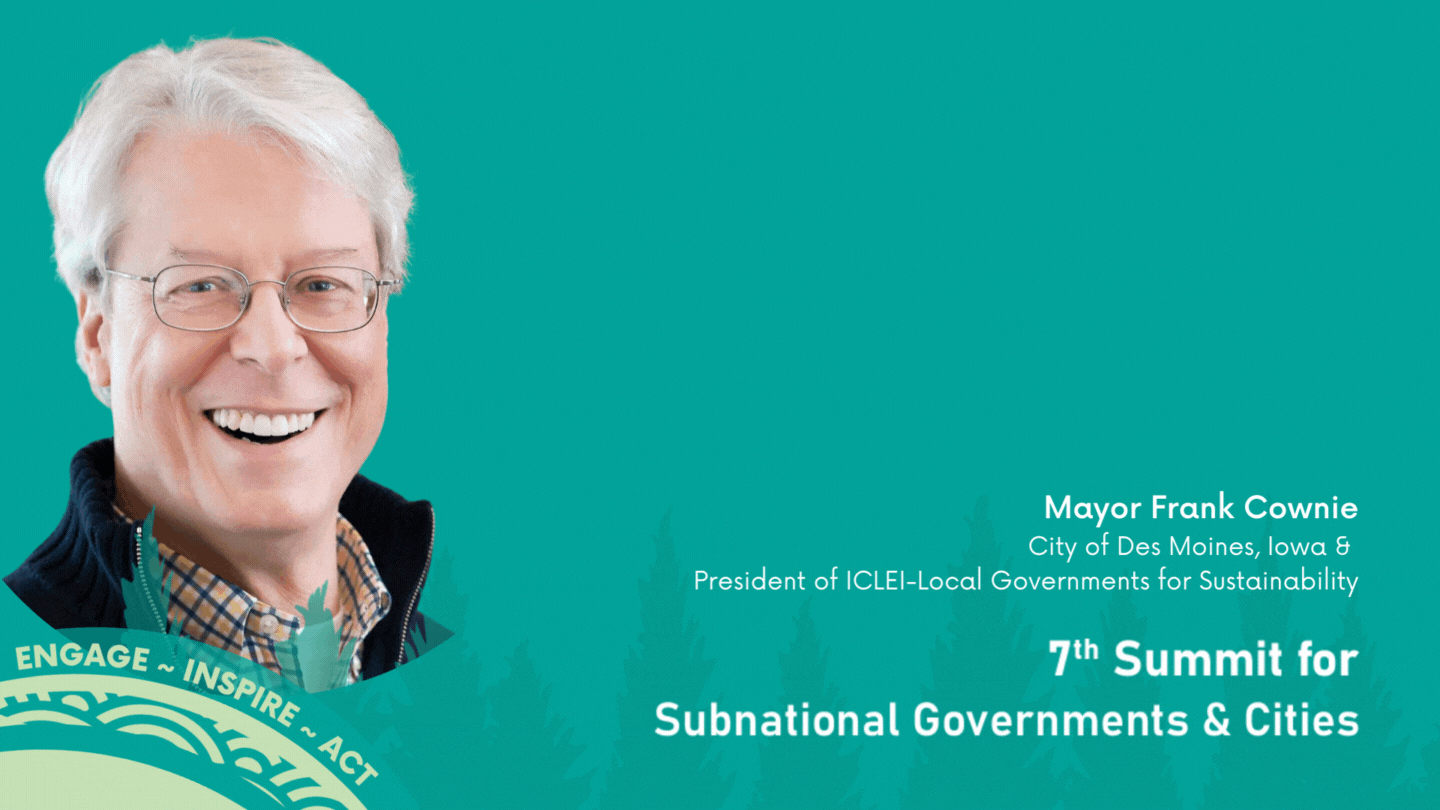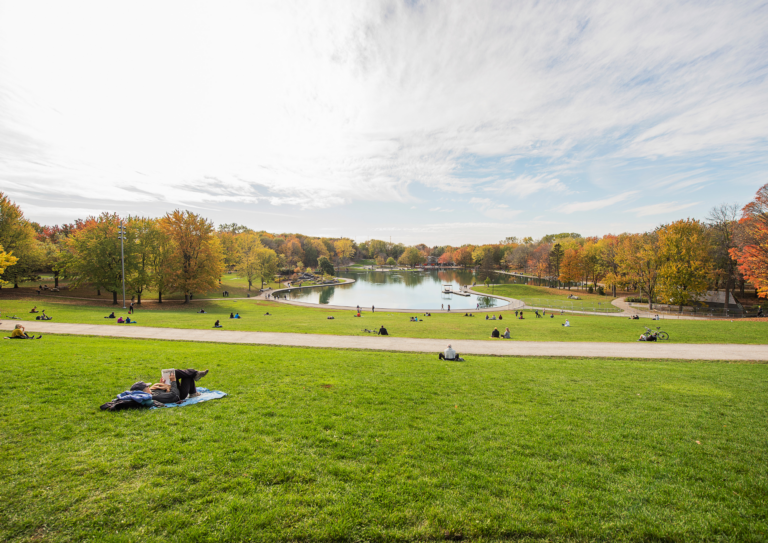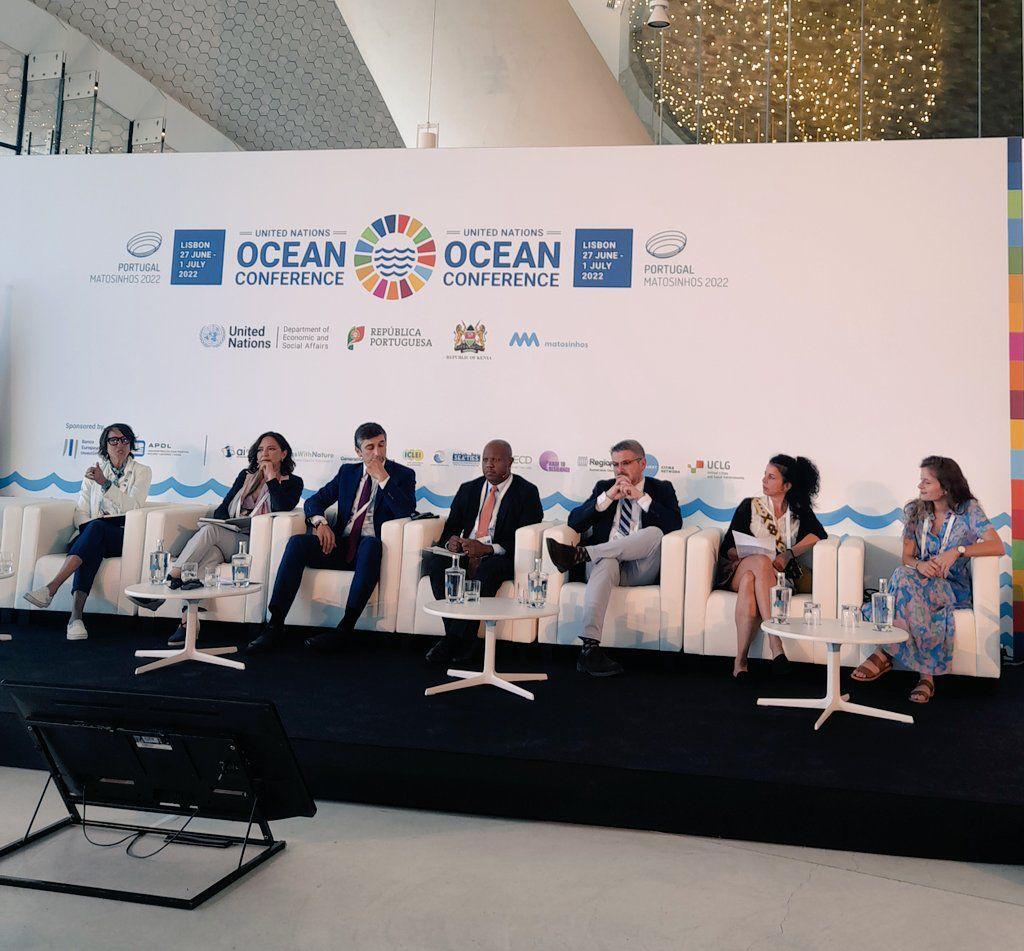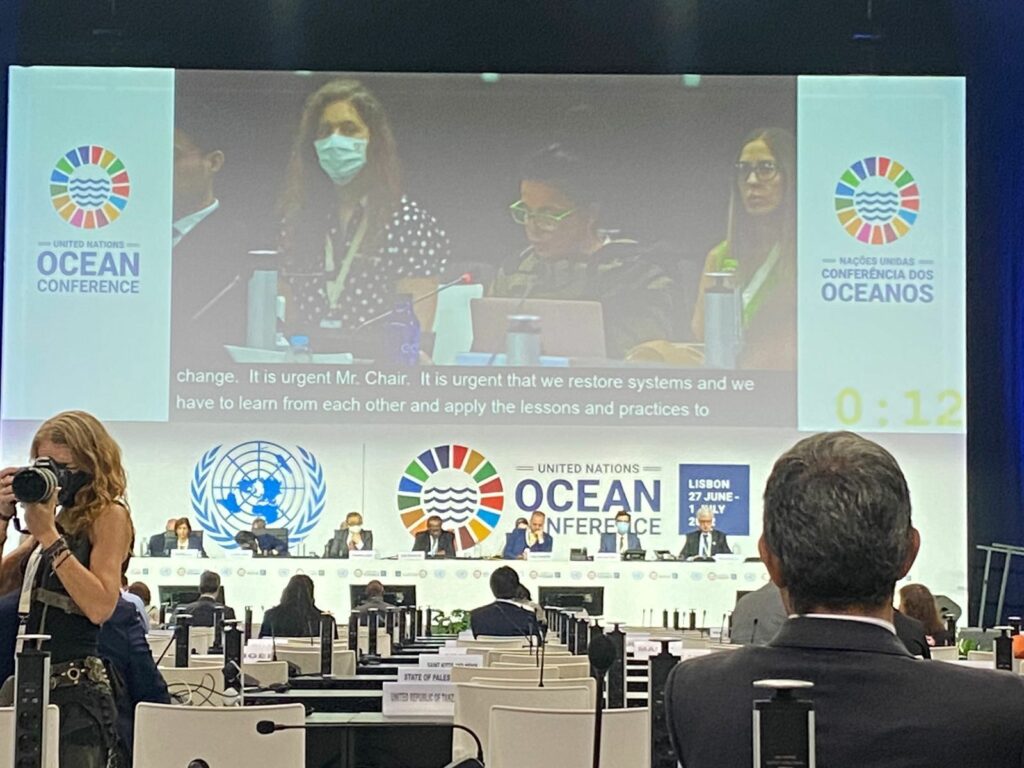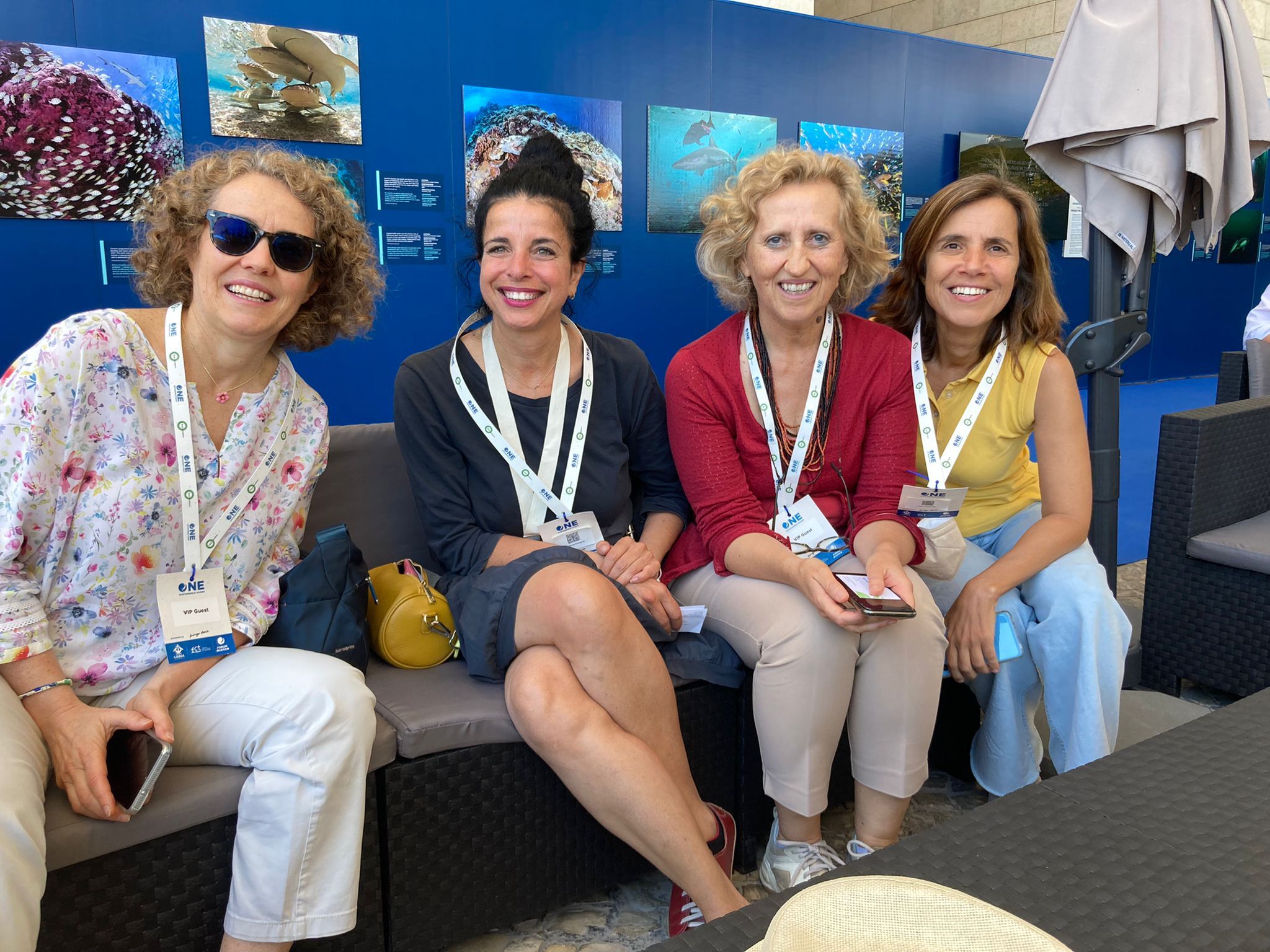With 373 scientifically robust resources – including reports on topics such as nature-based solutions, ecosystems, health and well-being, and biodiversity governance, the Tools & Resources section empowers cities and regions with current and updated information on best practices.
CitiesWithNature offers Guides that package science-based information in a way that is easy to understand and accessible to cities. During COP15, CitiesWithNature announced that its Guide on light pollution, created in collaboration with the UN Convention on Migratory Species, will be launched soon.
In 2022, CitiesWithNature created its first Community of Practice – which is a platform aimed at connecting cities to learn from one another, by predominantly utilizing its chat function. The platform also aims to bring together the broader community of researchers and practitioners to connect with cities to solve biodiversity-related challenges. The first Community of Practice was launched for coastal cities, in collaboration with the Western Indian Ocean Marine Science Association (WIOMSA).
Knowledge sharing has been facilitated through a range of tools and activities including targeted campaigns, news and updates, as well as webinars to empower cities with the knowledge of how to use the Action Platform. CitiesWithNature also uses its newsletter – the Buzz – to keep cities updated with current events, news and important information, while also profiling the achievements of CitiesWithNature cities and RegionsWithNature regions in achieving their biodiversity targets.
During the 7th Summit for Subnational Governments and Cities, Regions4’s Case Study Database, one of RegionsWithNature’s new tools, was launched. The Database is a freely accessible open source online database that showcases the subnational government experience. Currently eight case studies from six regions – Québec, Catalonia, the Basque Country, Lombardy, Jalisco, and Aichi – are available in Spanish, French, and English. Its goal is to build and develop capacities at the regional level of government, transforming on-the-ground knowledge into best practice learning opportunities in support of the implementation of the Kunming-Montreal Global Biodiversity Framework.
Monitoring and reporting
While RegionsWithNature was only recently launched, CitiesWithNature already has an established range of tools for monitoring and reporting on cities’ biodiversity actions. Notably, the CitiesWithNature Action Platform is used to feed local and subnational level actions for biodiversity into national biodiversity planning. The action areas, commitments, actions and targets are all linked with the Sustainable Development Goals and Global Biodiversity Framework targets to ensure they align with national priorities.
This is supported by the Nature Pathway – guiding cities step by step to promote and mainstream nature into their policy, planning and actions.
During COP15, CitiesWithNature also launched the digitized version of the City Biodiversity Index, also known as the Singapore Index, which is based on the updated version of the CBI handbook. The automated calculations of this digitized version help cities establish a baseline for biodiversity to further monitor and report on their biodiversity, for example by making commitments and setting targets on the Action Platform.
Through this monitoring and reporting function, CitiesWithNature also plays a role in mobilizing the subnational and local governments Major Group by leading and providing support to critical advocacy events such as the 7th Summit and its associated Pavilion at COP15.
